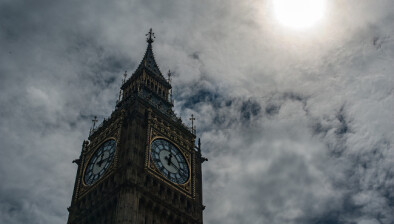NI: UN experts censure UK plan to end Troubles prosecutions

UN experts have expressed “grave concern” that UK government plans to end all prosecutions for incidents during the Troubles, including killings, will amount to a policy of blanket impunity for serious human rights violations.
Fabián Salvioli, the special rapporteur on the promotion of truth, justice, reparation and guarantees of non-recurrence, and Morris Tidball-Binz, the special rapporteur on extrajudicial, summary or arbitrary executions, issued a statement yesterday in response to the UK government’s July announcement.
The government plan has already been sharply criticised by human rights advocates in the UK, Ireland and abroad, and unanimously rejected by the Northern Ireland Assembly as well as the Irish government.
In a joint statement, Mr Salvioli and Mr Tidball-Binz express concern that the plan “forecloses the pursuit of justice and accountability for the serious human rights violations committed during the troubles and thwarts victims’ rights to truth and to an effective remedy for the harm suffered, placing the United Kingdom in flagrant violation of its international obligations”.
They also criticised the UK government’s position that criminal prosecutions would impede truth, information recovery and reconciliation, warning that this conflates reconciliation with impunity, calling instead for a transitional justice process that incorporates the full range of judicial and non-judicial measures.
“The essential components of a transitional justice approach – truth, justice, reparation, memorialisation and guarantees of non-recurrence – cannot be traded off against one another in a ‘pick and choose’ exercise,” they stressed.
The statement concludes by urging the UK government to “refrain from regressing on their international human rights obligations through the establishment of a statute of limitations for conflict related prosecutions and barring all related investigations, inquests and civil claims”.










